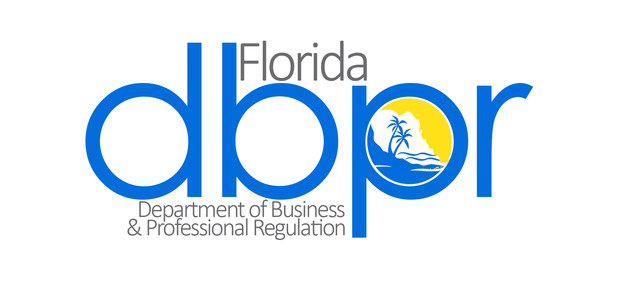The Supreme Court decision in Ibanez v. Florida Department of Business and Professional Regulation Board, 512 U.S. 136 (1994), addressed concerns about the disclosure of truthful, relevant qualifications in accountants’ commercial speech. The Court held that in cases involving commercial speech by professionals, the First Amendment takes precedence over deference to state regulatory agencies.
Accountant reprimanded for advertising a non-state-certified position
Silvia Safille Ibanez, an attorney and Certified Public Accountant (CPA), brought suit in response to a reprimand from the Florida Board of Accountancy. Ibanez had advertised in the Yellow Pages and on her letterhead that she was a CPA and a Certified Financial Planner (CFP). The board was concerned that the ad might confuse consumers by misleading them to believe that CFP was a state-certified designation when, in fact, a CFP is credentialed by the private Certified Financial Planner Board of Standards.
The Florida Board of Accountancy reprimanded Ibanez “for engaging in ‘false, deceptive, and misleading’ advertising” and because the board claimed that she was “unwilling to comply” with its regulation.
Court could not justify ban on the advertising
Justice Ruth Bader Ginsburg delivered the opinion for a unanimous Court regarding most but not all of the issues raised; two justices dissented in part. The Court initially found no substantive evidence supporting the board’s claims of deceptive or misleading advertising because, in fact, Ibanez was both a CPA and a CFP.
Therefore, Ginsburg focused on two issues. First, how would the Court apply the requirements of the Central Hudson test from Central Hudson Gas and Electric Corp. v. Public Service Commission (1980), as interpreted by the Court in subsequent opinions, to the circumstances of this case?
Second, given these requirements, would mere assertions by the board of interests in regulation or wrongdoing by Ibanez suffice to justify a ruling against her?
Ginsburg relied heavily on the standards for interpreting the Central Hudson test set forth in Edenfield v. Fane (1993). Following Edenfield, Ginsburg held that the regulation must advance the interest of the state in a “ ‘direct and material way’ and must be in ‘reasonable proportion to the interests served.’ ”
Ginsburg could not justify a complete ban on advertising based on the evidence available to the Court, which consisted of assertions that, in some hypothetical situations, the public might be misled by Ibanez’s use of the CPA and CFP designations. Because the board could only point to “purely hypothetical” harms, its action was “unjustified.”
Therefore, Ibanez serves as a strong precedent for the requirement that regulators must provide real rather than hypothetical evidence to support claims of deceptive or misleading advertising.
This article was originally published in 2009. Richard A. “Tony” Parker is an Emeritus Professor of Speech Communication at Northern Arizona University. He is the editor of Speech on Trial: Communication Perspectives On Landmark Supreme Court Decisions which received the Franklyn S. Haiman Award for Distinguished Scholarship in Freedom of Expression from the National Communication Association in 1994.

